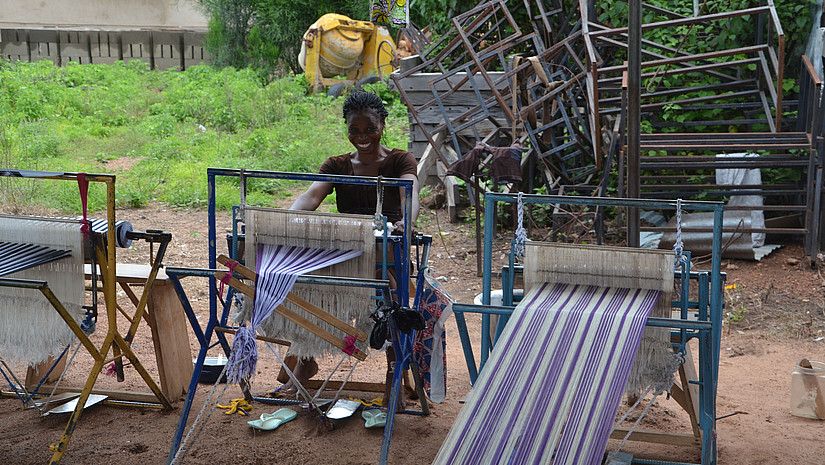Women’s Empowerment for Sustainable Rural Livelihoods
Main Research Question
What factors determine the success of interventions designed to promote women’s rights to productive resources in rural livelihoods?
Abstract
The project aims at exploring and documenting the viability of existing approaches to resolving gendered access to rural livelihood resources like land, labor and capital.
In addition, it will document the state of rural women’s, collective agency to secure their access to productive livelihood resources. It is expected that a critical appraisal of innovations that are effective for removing the gendered differentiation structuring the division of labor, access to and control of livelihood resources and decision making stand a better chance of ending rural poverty through women’s empowerment.
The political-economic contexts of rural livelihoods are highly gendered with implications for work distribution and access to and control over productive resources. Such gendered differentiations stray into household relations with research pointing to highly discriminatory access to household resource allocation. Studies note that owning land and other landed properties in rural communities provide access to additional productive resources like finances, water and grazing privileges. Others conclude that having their own plots of land strengthens women’s voices in decisions about the use of household resources. In subsistence economies such as Ghana and Pakistan, defective land tenure systems under pressure from several interests like the state, foreign investors and local economic elite have redefined lineage land acquisition systems and in the process compromised women’s tenure security.
Numerous interventions exist in both countries designed to promote rural women’s livelihoods, yet their access to productive resources remain constrained. Few make use of existing facilities because of either fear or ignorance. The specific contexts that facilitate strategy effectiveness are not clear. Neither is the conception of women and their place in rural production systems that inform interventions from both state and non-state actors. It is also necessary to outline emerging gender orders within varying intensities of patriarchal control.
A critical appraisal of conditions determining innovation success is important for understanding how gendered production relations embedded in rural livelihoods can be transformed.
Outcomes
Workshops:
- Planning/Steering WS “Decent Work in Agriculture”
- Stakeholders/Networking Events “Decent Work & Labour”
Training Modules:
- “Decent Work & Labour” – module for the growers’ community in Pakistan
- “Gender And Agriculture, Gender And Employment” (E-campus, Egerton university)
Spin-off Projects:
- Women Involvement in Sustainable Water Use in Agriculture: A Case Study of Lower Bari Doab Canal
- A Gender-based Socio-Economic Study on Farming in Tehsil Muridke, District Sheikhupura
- Analysing Gender Participation in Rice Value Chain: Challenges and Opportunities
Publications:
- Training manual (in use), Project report, 2 Book Chapters, 1 journal article, further publications in progress

